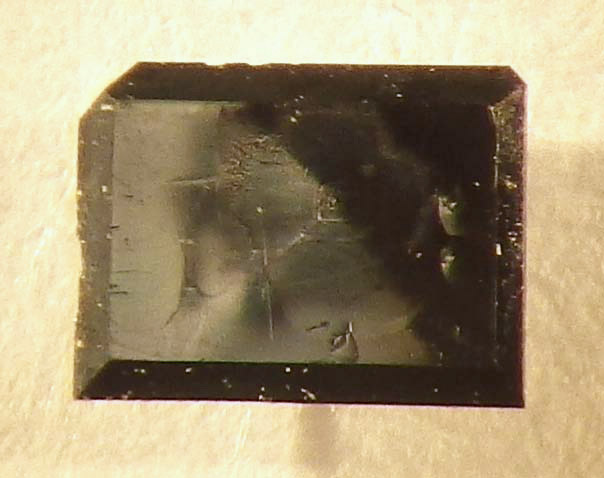Washington: An odd, iridescent material that had puzzled physicists for decades has turned out to be an exotic state of matter that could open a new path to quantum computers and other gen-next electronics, scientists say.
Physicists at the University of Michigan have confirmed several properties of the compound samarium hexaboride that raise hopes for finding the silicon of the quantum era.
They say their results also close the case of how to classify the material – a mystery that has been investigated since the late 1960s.
The researchers provide the first direct evidence that samarium hexaboride, SmB6, is a topological insulator.
Topological insulators are, to physicists, an exciting class of solids that conduct electricity like a metal across their surface, but block the flow of current like rubber through their interior.
They behave in this two-faced way despite that their chemical composition is the same throughout.
The scientists used a technique called torque magnetometry to observe tell-tale oscillations in the material’s response to a magnetic field that show how electric current moves through it.
Their technique also showed that the surface of samarium hexaboride holds rare Dirac electrons, particles with the potential to help researchers overcome one of the biggest hurdles in quantum computing.
These properties are particularly enticing to scientists because SmB6 is considered a strongly correlated material. Its electrons interact more closely with one another than most solids. This helps its interior maintain electricity-blocking behaviour.
This deeper understanding of samarium hexaboride raises the possibility that engineers might one day route the flow of electric current in quantum computers like they do on silicon in conventional electronics, said Lu Li, assistant professor of physics in the College of Literature, Science and the Arts.
“Before this, no one had found Dirac electrons in a strongly correlated material,” Li said.
“We thought strong correlation would hurt them, but now we know it doesn’t. While I don’t think this material is the answer, now we know that this combination of properties is possible and we can look for other candidates,” said Li.
The drawback of samarium hexaboride is that the researchers only observed these behaviours at ultra-cold temperatures.
Quantum computers use particles like atoms or electrons to perform processing and memory tasks. They could offer dramatic increases in computing power due to their ability to carry out scores of calculations at once.
Because they could factor numbers much faster than conventional computers, they would greatly improve computer security.

